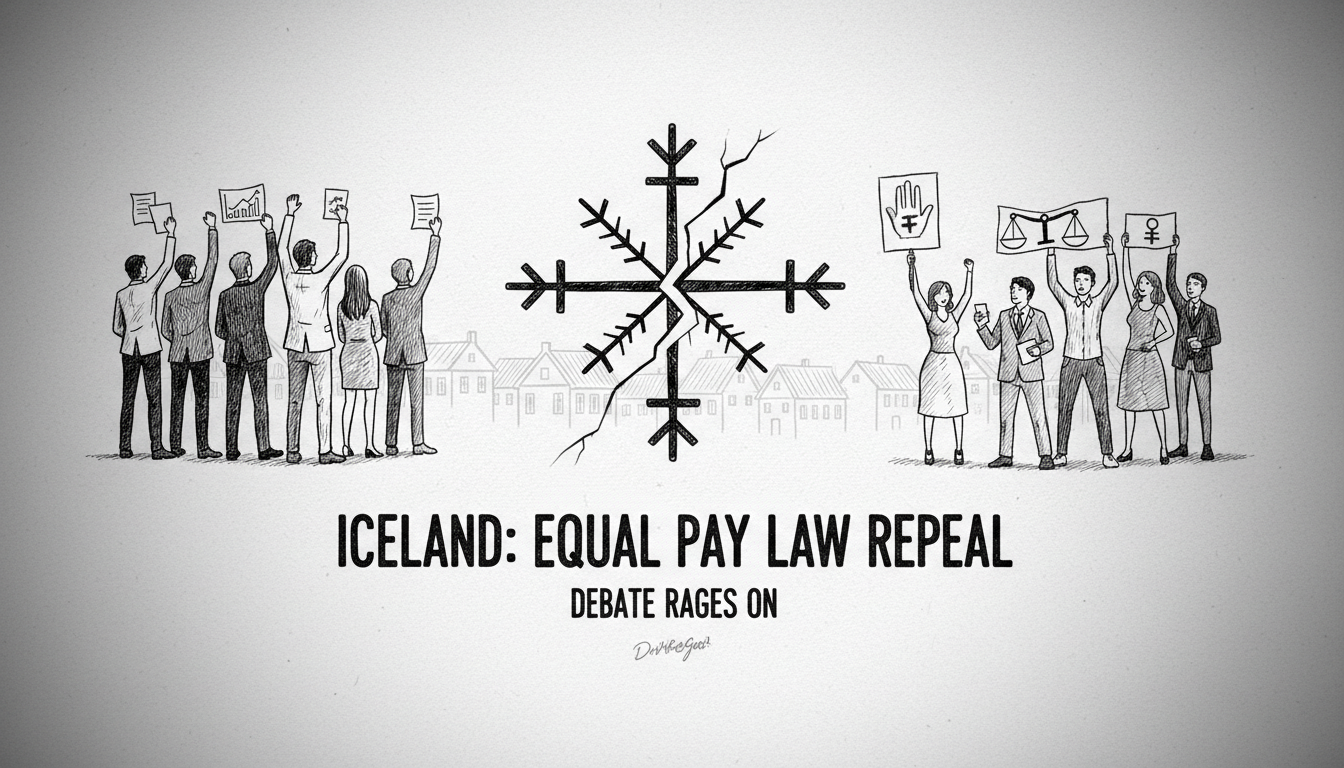Iceland's equal pay certification repeal sparks debate
Iceland's government faces criticism over plans to scrap mandatory equal pay certification. Business groups support the move while equality advocates warn of setbacks. The debate highlights tensions in balancing regulation effectiveness with business costs.

Iceland's government proposes eliminating mandatory equal pay certification. Companies and institutions express concerns about new administrative burdens. Critics call this a setback for gender equality in the nation known for its strong equal rights stance.
The Justice Minister's bill would end equal pay certification in its current form. The government says it still aims to fight wage discrimination. The certification system began in 2017 but faced criticism for being costly.
Business groups welcome the proposed change. The Icelandic Business Council called the move timely. They said research shows the current system delivers limited results while being expensive.
Why does this matter internationally? Iceland consistently ranks as one of the world's most gender-equal countries. This policy shift could signal changing approaches to equality measures.
Equal pay certification required companies to prove they paid men and women equally for similar work. The system applied to organizations with 25 or more employees.
Some organizations worry about replacing one bureaucratic system with another. They fear new tasks will fall to staff once the certification system ends.
The debate reflects a common tension in equality policy. How do governments balance effective regulation against business costs?
This comes as Iceland prepares for its annual Equal Pay Day in October. The country has been a global leader in gender equality for over a decade.